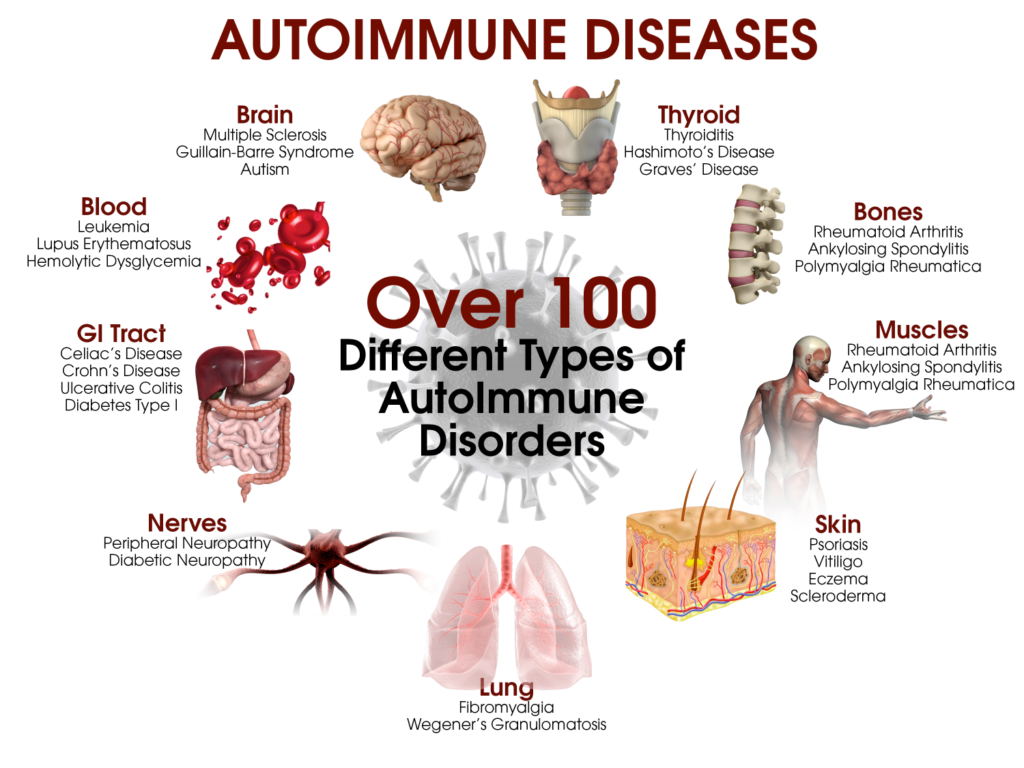Whenever you get medication or a treatment, you want to trust that it’s safe, or at least as safe as it possibly can be. That’s why FDA approval is so important in the world of medicine. Yet, there are plenty of treatment options available without full-scale approval from the Food and Drug Administration. Why? Sometimes, it can be as simple as the fact that insufficient information is available. In some cases, the long-term clinical trial may not have concluded.
It’s natural to want only to use the safest products and treatments for your body. Still, when investigational new drug applications could potentially be the way forward for those with chronic conditions, sometimes it’s tempting to try these treatments anyway.
Therefore, stem cell therapy is one such treatment that has shown promising results, and it is a hot topic at the moment. Now, is stem cell therapy FDA approved?
We’ll get into it below:
Is Stem Cell Therapy FDA Approved?
It’s natural to think that all stem cell treatments are FDA-approved. Stem cell clinics are popping up nationwide, and more conditions are being opened for stem cell treatment. The reality, however, is a bit different.
What Stem Cell Treatments Have FDA Approval?
The FDA approves stem cell therapies, but only for a very specific purpose. The only FDA-approved stem cells in the United States currently are bone marrow transplants for treating conditions such as leukemia.
Since these stem cell treatments are FDA approved, it means you can usually get them covered through your insurance, so long as your doctor has recommended it for your condition.
Where Does That Leave the Rest?
With the sheer number of stem cell clinics around and word of stem cell therapies being used to treat issues as far-reaching as spinal injuries all the way to arthritis, however, you may be wondering just what that means for you.
Simply put, it means that hematopoietic progenitor cells, which are blood-forming cells derived from umbilical cord blood, are not currently FDA-approved. This doesn’t mean that there hasn’t been a single clinical trial that’s produced positive results. In fact, there have been many – it’s just that the long-term trials haven’t been concluded, and there are still insufficient reports.
Not having FDA approval is also not the end of the world. It just means that you must accept the potential risks when investing in your treatment. You should not be concerned, it is legal to get stem cell treatment, it’s just a matter of insurance coverage. Considering the many positive news coming out about stem cell injections, however, we expect it’s only a matter of time before more conditions are added to the FDA’s approved list, meaning more people will have the option to get stem cell treatment.
Are There Adverse Effects?
Now, there hasn’t been any big reported adverse event when it comes to stem cell treatments. Side effects are very minor, if there are any at all. The risk with getting these treatments is that you may not feel or notice a big difference in your condition at all. So many different factors come into play, and some may not experience noticeable changes (especially if it’s for general health or anti-aging).
With the high stem cell therapy cost, it’s important that you invest your money in treatments that have a good chance of working. That’s why we always require consultations before treatment and reserve the right to refuse treatment. We only go through with a patient if we firmly believe that stem cells will help.
What Impacts Whether Stem Cell Injections Work or Not?
So many factors play into whether stem cell treatments will work for you or not. To understand best, it’s important first to ask: What are stem cells? They are a master cell that can become different cells as needed. The idea behind stem cell therapy is that these stem cells can revamp healing when injected into the body or a specific area.
Stem cells have also been shown to have an anti-inflammatory effect on targeted areas, meaning they could work in multiple ways to help heal or at least manage the worst of your symptoms if you had an injury or joint condition that you wanted to try and treat with stem cell therapy.
So, what are stem cell injections, exactly? It depends on your treatment. Some may inject stem cells with a needle (with the help of visualization tools like ultrasounds) directly into the area that needs it. In other cases the stem cells may be administered via an IV.
Since we use Wharton’s Jelly derived stem cells here at Bioxcellerator, we are confident that your body will more likely accept our cells, meaning they can get to work sooner and, ideally, more efficiently. Even though we use these high quality cells, there is no guarantee.
That’s why we also conduct a full consultation at all of the locations we cover. We only take you on as a patient if we believe you could significantly benefit from stem cell treatment.
We even follow up with your treatment after the fact to make sure you didn’t have an adverse event, and that your recovery is coming along nicely. We may get in touch with you a few days after, a few weeks, or even up to a year or two afterward so that we can monitor your progress with the treatment.
Ready to Get Started?
We can’t tell you anything specific about your treatment until we see you in person. It’s just the way it is, unfortunately. Everything, from your genetic makeup, to your condition, to your goals will impact how many treatments you will need, to even how many stem cells are needed during your treatment.
That’s why, if you are interested in stem cell treatment for your chronic condition, it’s so important to get the ball rolling and contact us to book your consultation. Once we meet with you, we’ll be better able to give you specific advice, recommendations, and a treatment plan.


